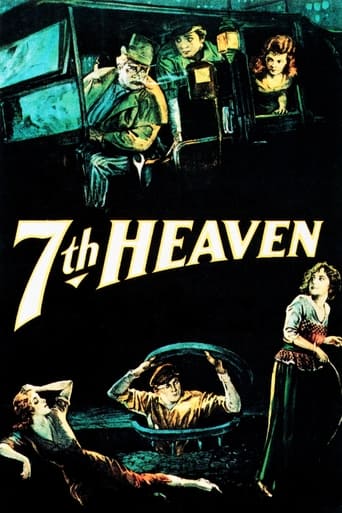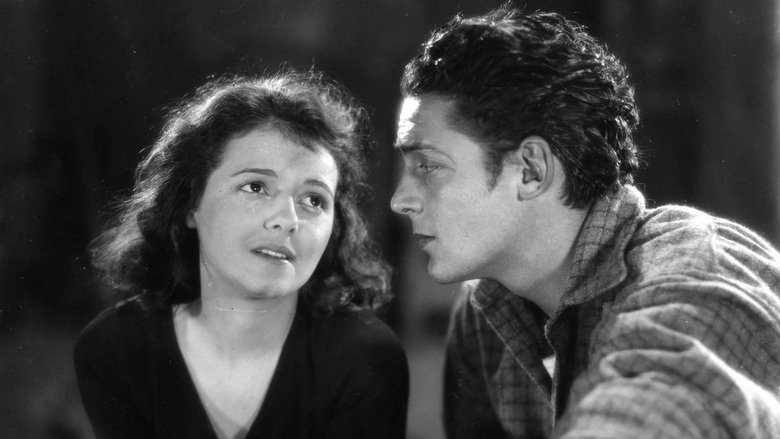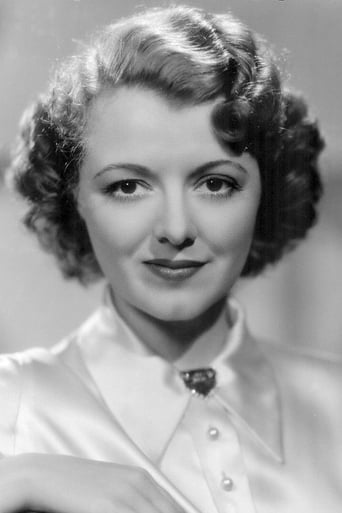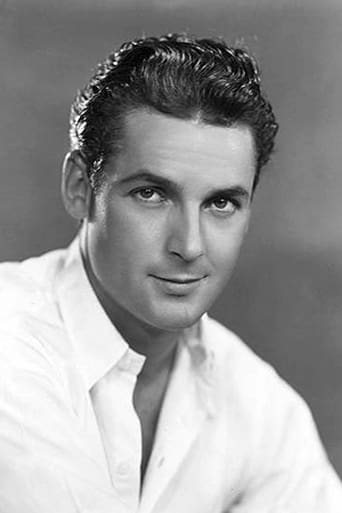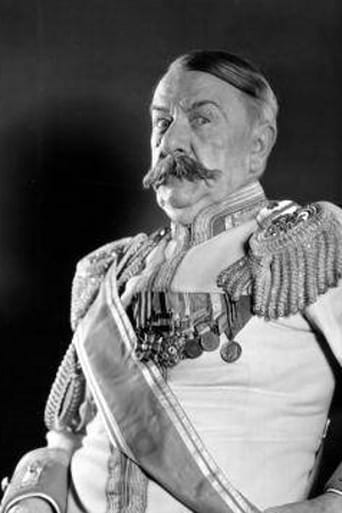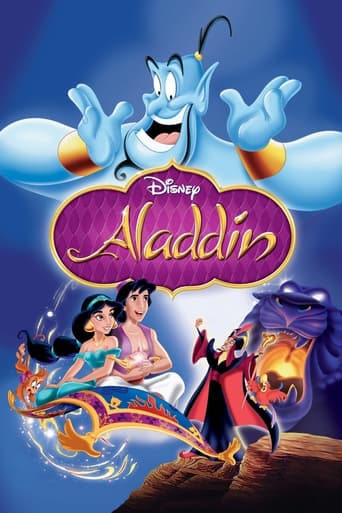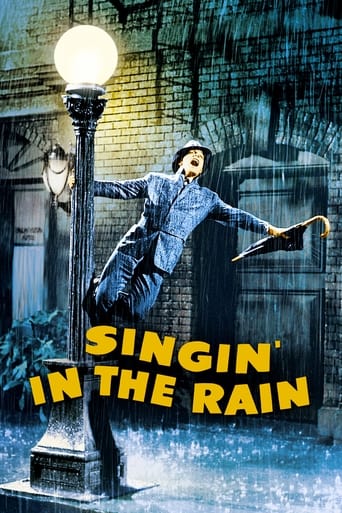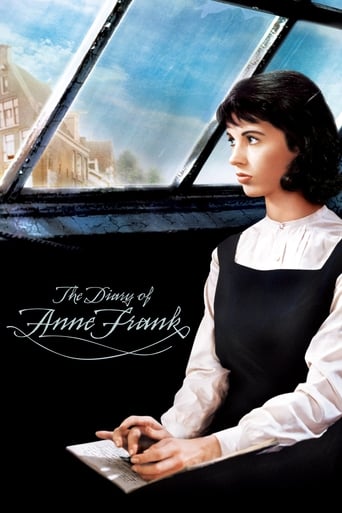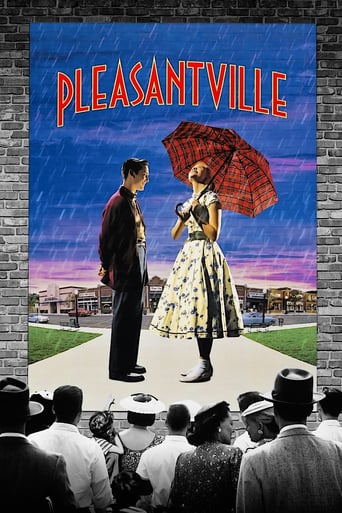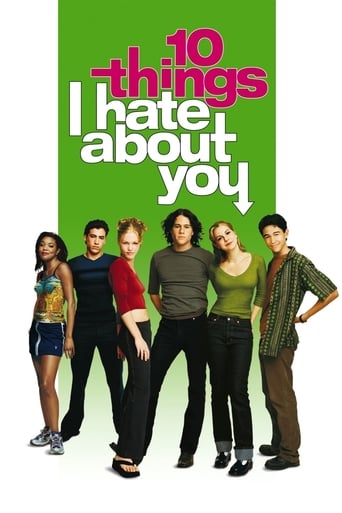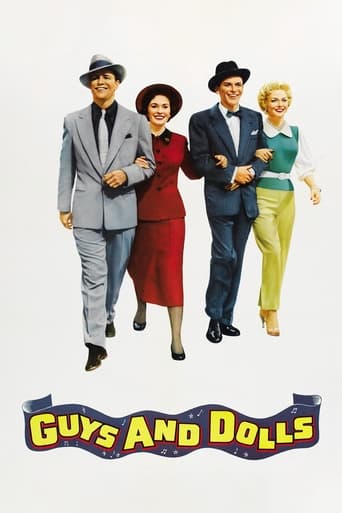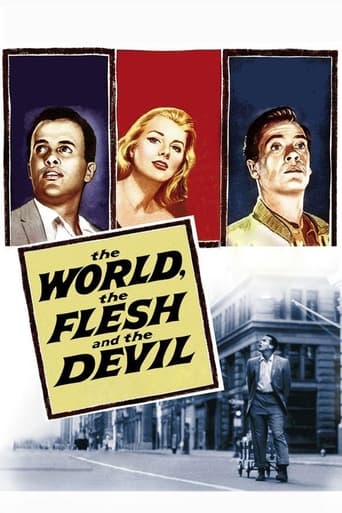7th Heaven (1927)
In 1910s Paris, a sewer worker disillusioned with Christianity feels his prayers have been answered when he chances upon a street waif and they fall in love.
Watch Trailer
Free Trial Channels
Cast


Similar titles
Reviews
A story that's too fascinating to pass by...
The movie really just wants to entertain people.
what a terribly boring film. I'm sorry but this is absolutely not deserving of best picture and will be forgotten quickly. Entertaining and engaging cinema? No. Nothing performances with flat faces and mistaking silence for subtlety.
The storyline feels a little thin and moth-eaten in parts but this sequel is plenty of fun.
In Paris, a sewer worker (Charles Farrell) aspiring for more rescues a meek young woman (Janet Gaynor) from her abusive sister. The two soon fall in love but war threatens their happiness. Beautiful romantic melodrama, a silent classic, artfully directed Frank Borzage with a lovely tune ("Diane") that plays throughout. Janet Gaynor is terrific. This was one of the three films she won the first Best Actress Oscar for, and it's easy to see why. Charles Farrell is also good. Certainly better than many give him credit for. Nice sets, camera-work, great performances. Really not much I can say about this one that's bad. It's one of my favorite silent movies. One that I think still holds up well today. Remade in 1937 with Jimmy Stewart and Simone Simon. That one's not as magical as this but it does have its merits.
"Seventh Heaven," Frank Borzage's poetic romantic melodrama from 1927, was the last of the three films nominated for the first Best Picture Oscar that I have now finished viewing (the other two being Lewis Milestone's "The Racket" and William A. Wellman's "Wings"). It's a sweet little movie about a meek waif (Janet Gaynor) who meets cute with a macho street cleaner (Charles Farrell) and then proceeds to fall in love with him, and he with her, while living together as a fake husband and wife in order to fool the authorities and prevent Gaynor from going to jail (that's another story, and is disposed of within the film's first 20 minutes or so). From there, the film transitions into full-blown melodrama as Farrell goes off to war and Gaynor waits stoically for him to return.This all would be enough to make one gag, if someone other than Borzage had directed it. He had a knack for taking the most saccharine subject matter and handling it with utmost delicacy; as a result, you're utterly charmed and swept up in the film's romanticism even as your head tells you you should be rolling your eyes. It also helps that Farrell and especially Gaynor were very good actors, and they make the characters believable while keeping the rampant sentimentality at bay.Borzage won the first Best Director Oscar for his work, and Gaynor was Oscar's first Best Actress, winning for this and two other films, "Street Angel" and "Sunrise," back when Oscars were given for entire bodies of work over a year and not for one specific film. Writer Benjamin Glazer completed the film's triplicate wins by taking home the first Oscar for Writing (Adaptation), before a screenplay award even existed."Seventh Heaven" was passed over in the Best Picture category for "Wings," and it also lost Art Direction (for Harry Oliver's impressive Parisian loft and WWI battlefield sets), but with five nominations it emerged as the most nominated film in Oscar's debut year.Grade: A
It's an interesting coincidence that I saw the 1930s remake of "Seventh Heaven" just a week or so prior, so I was able to compare them. While I hated the remake for so many reasons (the dumb casting of Jimmy Stewart as a Frenchman among them), I adored this silent version. There are three main reasons for this. First, the direction in the silent was fantastic as was the camera-work. I loved the scenes where you see the leads walking up the many flights of steps with the camera following them, but the movie also was so artfully conceived in so many other ways. It truly was a work of art. Second, this sort of old fashioned romance just seems to work better as a silent. Whereas you might be more willing to accept the old fashion style in a silent, in a talking picture the plot seemed much more forced. Third, the acting was just better--a lot better. Jimmy Stewart was just lost playing an Atheistic Frenchman--whereas Charles Farrell was much more believable and likable--plus his character was softer and more likable in the earlier film. Stewart, oddly, played a jerk. And while Simone Simon was well cast in the remake (as she is French), Janet Gaynor was just magnificent--and the audience really felt compelled to want to take care of this waif-like character as she really pulled at your hearts with a combination of fine acting and her physical looks.Aside from thinking the 1927 version was much better, it also was, surprisingly, a little less scandalous--even though it was made before the strengthened Production Code and the remake was made after--when it SHOULD have been harder to make this film. That's because in the later one, the female lives in a brothel and the Madame is trying to force her to put out for customers. Here, the Madame is instead Gaynor's abusive sister and she forces her to steal.The bottom line is that the 1927 is a classic--one of the better silents I have ever seen (and I have seen an unbelievable number of silents--sometimes to my family's consternation). I can see why this and other 1927-28 films resulted in Miss Gaynor receiving the first Oscar for Best Actress--she was great. But so was this entire production. Well worth seeing and probably Gaynor's best silent, as I liked its simple story even more than her more famous "Sunrise".
7th Heaven (1927)Coming at the end of the silent era, we might expect a film of the highest order in that silent era sense, untainted by sound, depending on gesture and action to keep the plot going. And Seventh Heaven really is a great film. It's complex, subtle, beautiful, and not clunky, not a bit what some people picture when they think of silent films. It also is a great love story. Janet Gaynor was becoming a big star (she won best actress for this performance among others that year) and her counterpart Charles Farrell is a convincing charming actor. It's Paris 1914 when we begin, and that's not half bad. Then there are some early versions of the war, including some scenes with flame throwers that ought to surprise everyone.What becomes of our two leads as they struggle to stay together during all this is for you to see, but it's told with economy (even at two hours the movie never drags) and with touching honesty. The director, Frank Borzage, made a whole bunch of good films during the 1930s, in the sound era, but this shows a real mastery of the earlier basics of cinema. Credit also goes also the cinematographer Ernest Palmer, a lesser known veteran who made the most of a lot of great sets and a range of interior and exterior scenes. Keep an eye on that, especially a moment toward the beginning where the camera follows the actors up the circular stairs, floor after floor, seamlessly. This will be echoed with perfection at the end of the film, so it's not just showing off.And keep some Kleenex handy. It'll get to you.

